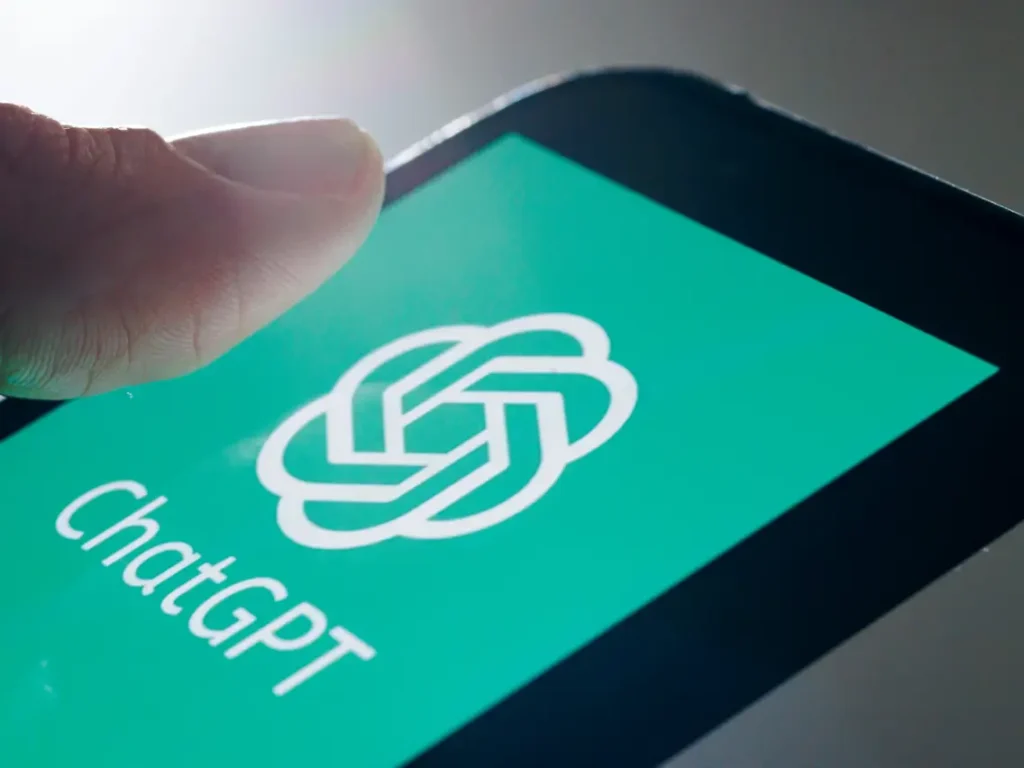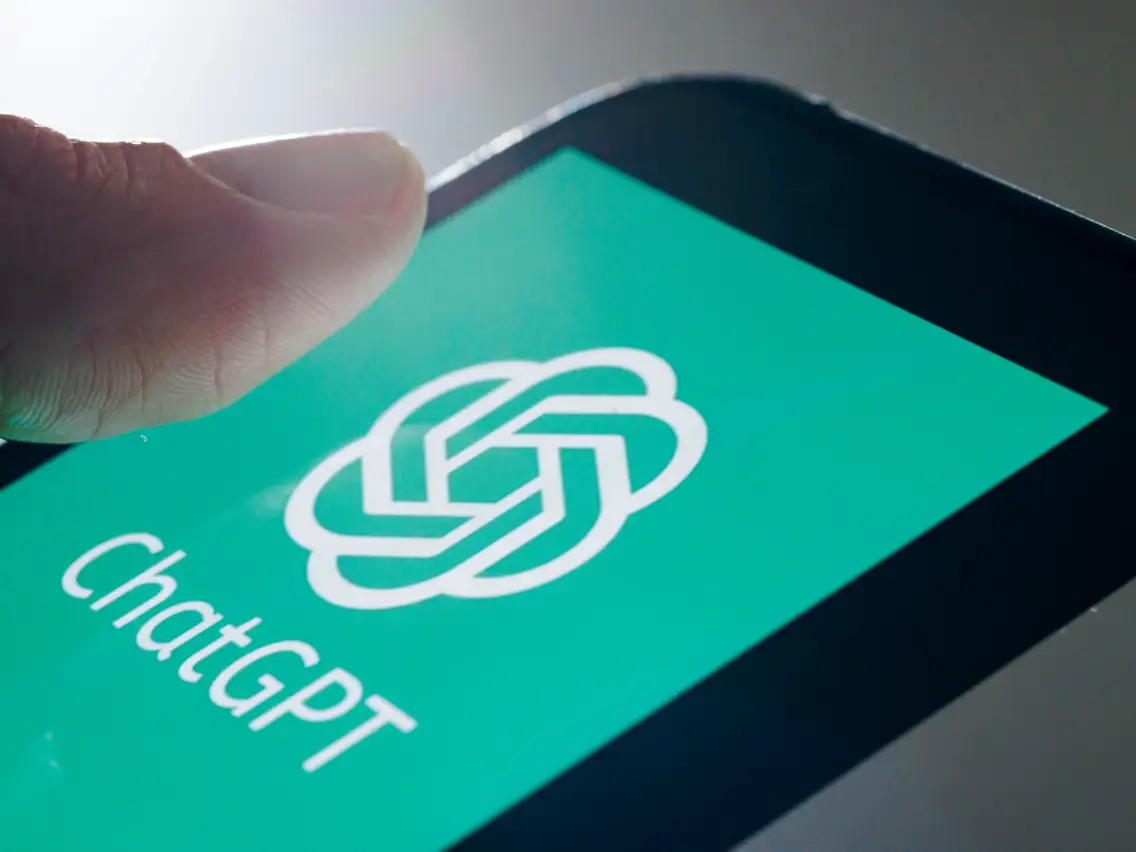Table of Contents
Introduction to ChatGPT in Marketing and Advertising
ChatGPT, a cutting-edge language model created by OpenAI, is revolutionizing the landscape of mktg and promotion. By leveraging the power of artificial intelligence (AI) and natural language processing (NLP), its offers unprecedented capabilities for engaging with consumers, crafting personalized content, and streamlining various mktg processes. As industries increasingly pivot towards digital transformation, the adoption of AI-driven tools like AI is proving to be a game-changer.
In the realm of mktg and advertising, AI and NLP technologies enable companies to process and analyze vast amounts of data with remarkable speed and accuracy. GPT can generate human-like text based on specific prompts, making it an invaluable asset for content creation, customer service, and interactive engagement. The potential applications of ChatGPT are extensive, ranging from generating compelling ad copy to providing real-time customer support through chatbots.
One of the most significant advantages of using artificial intelligent in mktg is its ability to create highly customized content that resonates with target audiences. By analyzing user data and preferences, artificial intelligent can generate personalized recommendations, emails, and social media posts, enhancing the overall customer experience. This level of personalization not only boosts engagement but also fosters stronger brand loyalty.
Moreover, ChatGPT’s proficiency in understanding and generating human language allows marketers to automate repetitive tasks, freeing up valuable time and resources. For instance, it can handle initial customer inquiries, schedule social media posts, and even assist in market research by analyzing trends and sentiments. These capabilities streamline operations, reduce costs, and improve efficiency, ultimately contributing to better mktg outcomes.
As we delve deeper into the specific use cases and strategies for integrating artificial intelligent into mktg and advertising, it becomes evident that this technology is not merely a passing trend but a fundamental shift in how businesses connect with their audiences. By embracing AI and NLP, companies can stay ahead of the curve, delivering innovative and effective Business solutions in an increasingly competitive digital landscape.
Understanding ChatGPT’s Capabilities
GPT, a state-of-the-art language model developed by OpenAI, has revolutionized the way businesses approach mktg and advertising. At its core, artificial intelligent leverages advanced machine learning techniques to generate human-like text, enabling it to engage in conversations that are often indistinguishable from those with a real person. This capability is particularly valuable in mktg, where personalized and contextually relevant communication can significantly enhance customer engagement.
One of the key strengths of OpenAi lies in its ability to understand context. Unlike traditional chatbots that follow pre-programmed scripts, its analyzes the context of a conversation to generate appropriate responses. This context-awareness allows it to handle a wide range of queries, from simple questions to complex, multi-turn conversations. For instance, in a ads campaign, artificial intelligent can tailor responses based on the customer’s previous interactions, preferences, and behavior, thereby creating a more personalized and engaging experience.
The underlying technology of OpenAi is based on the Transformer architecture, which enables the model to process and generate text with remarkable fluency and coherence. By training on diverse datasets, artificial intelligent learns the nuances of human language, including grammar, tone, and style. This makes it an invaluable tool for creating content that resonates with target audiences. Whether it’s drafting compelling ad copy, generating engaging social media posts, or crafting personalized email responses, ChatGPT can significantly streamline content creation processes.
However, it is important to be aware of ChatGPT’s limitations. While it excels at generating text and understanding context, it may occasionally produce responses that are off-topic or nonsensical. Additionally, ChatGPT does not possess true comprehension or factual knowledge beyond its training data, which means it can sometimes provide inaccurate information. Therefore, human oversight is crucial to ensure the quality and reliability of the content generated.
By understanding these capabilities and limitations, marketers can strategically integrate ChatGPT into their advertising efforts, leveraging its strengths to enhance communication and engagement while mitigating potential risks.
Enhancing Customer Engagement with ChatGPT
In the contemporary digital landscape, businesses are continually seeking innovative methods to enhance customer engagement. ChatGPT, an advanced AI language model, offers a plethora of opportunities to elevate customer interactions. One of the most prominent applications of ChatGPT is the development of chatbots for customer service. These chatbots can handle a myriad of customer inquiries, providing instant, accurate responses, and freeing up human resources for more complex tasks. By ensuring 24/7 availability and swift resolution of common issues, businesses can significantly improve customer satisfaction and loyalty.
Another effective application of ChatGPT in mktg and advertising is the creation of personalized email campaigns. Utilizing the AI’s capability to understand and generate human-like text, businesses can craft highly tailored emails that resonate with individual customers. These personalized communications can enhance open rates, click-through rates, and ultimately, conversion rates. For instance, an e-commerce platform might leverage ChatGPT to analyze customer purchase history and preferences, thus creating bespoke product recommendations and promotional offers that are more likely to engage the recipient.
In addition to chatbots and email campaigns, ChatGPT can also be utilized to create interactive social media content. Social media platforms thrive on engagement, and ChatGPT can help craft compelling content that encourages user interaction. Whether it’s generating witty responses to user comments, creating engaging polls and quizzes, or producing captivating posts that spark conversations, ChatGPT can play a crucial role in maintaining an active and engaged social media presence. A notable case study involves a retail brand that used ChatGPT to manage its social media interactions, resulting in a significant boost in follower engagement and brand visibility.
These examples underscore the versatility and effectiveness of ChatGPT in enhancing customer engagement. By integrating this advanced AI tool into various facets of customer interaction, businesses can not only streamline their operations but also foster a deeper connection with their audience. As the technology continues to evolve, the potential applications of ChatGPT in mktg and advertising are bound to expand, offering even more innovative ways to engage with customers.
Creating Compelling Content with ChatGPT
In the evolving landscape of mktg and advertising, the ability to create compelling content is paramount. ChatGPT, an advanced AI language model, offers valuable assistance in generating high-quality content across various mktg channels, including blogs, social media, and advertisements. Leveraging ChatGPT effectively can significantly enhance your content creation processes, providing not only efficiency but also creativity and innovation.
One of the primary ways to utilize ChatGPT is for brainstorming ideas. By inputting relevant prompts or topics, marketers can receive a myriad of content suggestions, helping to overcome creative blocks and sparking new ideas. This can be particularly useful in the early stages of content planning, where diverse perspectives and fresh angles are essential.
Beyond brainstorming, ChatGPT excels in drafting content. Whether you need a blog post, a series of social media updates, or ad copy, ChatGPT can generate initial drafts that provide a solid foundation. These drafts can then be refined and polished to align with your brand’s voice and messaging. The speed at which ChatGPT can produce these drafts is a significant advantage, enabling quicker turnaround times and allowing marketers to focus on strategic tasks.
Refining content with ChatGPT involves iterative interactions. By providing feedback on the initial drafts, you can guide the AI to produce more tailored and nuanced content. This process ensures that the final output maintains the desired tone and style, reflecting your brand’s authenticity and values. Additionally, ChatGPT can assist in editing and proofreading, enhancing the overall quality and coherence of the content.
However, while ChatGPT is a powerful tool, it is crucial to maintain a balance between AI-generated content and human oversight. Ensuring that the content resonates with your audience and remains true to your brand’s identity is essential. Marketers should always review and refine the AI-generated content to uphold the brand’s voice and authenticity.
In conclusion, integrating ChatGPT into your content creation strategy can lead to more efficient and innovative ad efforts. By using ChatGPT for brainstorming, drafting, and refining content, marketers can produce high-quality materials that engage and resonate with their target audience, all while maintaining the unique voice and authenticity of their brand.
Optimizing Ad Campaigns with ChatGPT
In the ever-evolving landscape of digital ads, optimizing ad campaigns is crucial for achieving high returns on investment (ROI). ChatGPT, an advanced language model developed by OpenAI, offers a suite of capabilities that can significantly enhance the efficiency and effectiveness of advertising efforts. One of the primary applications of ChatGPT in ads is generating compelling ad copy. By leveraging its natural language processing capabilities, marketers can produce engaging and relevant advertisements tailored to specific audiences. This reduces the time spent on creative brainstorming and ensures that the messaging resonates well with targeted demographics.
Another key area where ChatGPT excels is in facilitating A/B testing. A/B testing involves creating multiple variations of ad copy or design to determine which performs better. ChatGPT can swiftly generate numerous iterations of ad content, making it easier to test different headlines, body texts, and calls to action. This rapid generation and testing process allows marketers to identify the most effective versions more quickly, thus optimizing campaign performance and maximizing ROI.
Moreover, ChatGPT can assist in analyzing campaign performance data. By processing large volumes of data, ChatGPT can extract meaningful insights and trends that might not be immediately apparent. This data-driven approach enables marketers to make informed decisions about which aspects of their campaigns are working and which need adjustment. For instance, ChatGPT can analyze click-through rates, conversion rates, and audience engagement levels to provide actionable recommendations for campaign refinement. This analytical capability ensures that ads strategies remain agile and responsive to real-time data.
In essence, integrating ChatGPT into the advertising workflow can lead to the creation of more effective and targeted advertisements. By streamlining the processes of generating ad copy, conducting A/B testing, and analyzing performance data, ChatGPT empowers marketers to achieve better results with less effort, ultimately driving improved ROI.
Leveraging ChatGPT for Market Research
ChatGPT, an advanced language model developed by OpenAI, has emerged as a potent instrument in the realm of market research. By utilizing its capabilities, businesses can gain a nuanced understanding of customer feedback, identify market trends, and generate insightful reports. This AI-driven tool can analyze vast amounts of data swiftly and accurately, offering a comprehensive view of the market landscape.
One of the primary methods to leverage ChatGPT for market research is through the analysis of customer feedback. By integrating ChatGPT into customer service platforms, companies can automatically process and categorize feedback from various channels, such as emails, social media, and online reviews. This allows businesses to detect recurring themes and sentiments, providing actionable insights into customer satisfaction and areas that require improvement.
In addition to customer feedback analysis, ChatGPT can be instrumental in identifying emerging trends. By processing large datasets from industry reports, news articles, and social media mentions, ChatGPT can highlight evolving consumer preferences and market shifts. This predictive capability enables companies to stay ahead of the curve, adapting their strategies to align with the latest trends and consumer demands.
Generating detailed reports is another key application of ChatGPT in market research. The AI can summarize complex data sets, distilling them into easily digestible formats. These reports can include visual elements like charts and graphs, enhancing the clarity and impact of the findings. This streamlines the decision-making process, allowing stakeholders to make informed decisions based on comprehensive and up-to-date information.
Furthermore, ChatGPT serves as a valuable tool for gathering competitive intelligence. By analyzing competitors’ content, marketing strategies, and customer interactions, ChatGPT can provide insights into their strengths and weaknesses. This information can inform strategic marketing decisions, helping businesses to differentiate themselves and capitalize on market opportunities.
Overall, the integration of ChatGPT into market research practices offers a significant competitive edge. Its ability to process and analyze data efficiently makes it an indispensable resource for businesses aiming to understand their market deeply and make data-driven decisions.
Ethical Considerations and Best Practices
As businesses increasingly adopt ChatGPT for marketing and advertising, it is imperative to address the ethical considerations and adhere to best practices to ensure responsible AI usage. Transparency, data privacy, and the avoidance of biases in AI-generated content form the cornerstone of ethical AI deployment. By adhering to these principles, companies can maintain trust and credibility with their customers.
Transparency is crucial when deploying ChatGPT in marketing. Users should be informed when they are interacting with AI rather than a human. This can be achieved through clear labeling and communication, ensuring that customers are aware of the nature of their interactions. Transparent practices foster trust and help manage user expectations effectively.
Data privacy is another critical consideration. With the increasing reliance on AI, safeguarding user data is more important than ever. Companies must ensure compliance with data protection regulations such as GDPR and CCPA. This involves obtaining explicit consent from users before collecting their data, implementing robust data encryption methods, and regularly auditing data handling practices to prevent unauthorized access or breaches. Respecting user privacy not only protects customers but also strengthens the brand’s reputation.
Addressing and mitigating biases in AI-generated content is essential for ethical AI usage. AI models like ChatGPT can inadvertently perpetuate stereotypes or discriminatory viewpoints if not properly managed. To avoid this, it is important to train AI models on diverse and representative datasets. Regularly reviewing and updating the dataset, along with implementing bias detection tools, can help minimize the risk of biased outputs. Additionally, human oversight remains a crucial element in reviewing and refining AI-generated content to ensure it aligns with ethical standards.
Ultimately, the responsible use of ChatGPT in marketing and advertising hinges on a commitment to ethical practices. By prioritizing transparency, data privacy, and the mitigation of biases, companies can leverage AI technologies to enhance their marketing efforts while maintaining the trust and confidence of their customers.
Future Trends and Developments
As we look ahead, the future of AI and ChatGPT technology in mrkg and advertising is poised for significant advancements. One notable trend is the continuous improvement in Natural Language Processing (NLP) capabilities. As NLP evolves, ChatGPT will become even more proficient at understanding and generating human-like text, allowing for more nuanced and contextually relevant interactions with consumers. This will enable marketers to craft more personalized and engaging content, which can lead to higher conversion rates and improved customer satisfaction.
Another exciting development is the integration of ChatGPT with other AI technologies. Combining ChatGPT with machine learning algorithms, predictive analytics, and data mining tools can offer a comprehensive suite of solutions for marketers. This integration can lead to more accurate targeting, better audience segmentation, and more effective campaign optimization. Additionally, the synergy between ChatGPT and AI-driven image and video recognition technologies can open up new avenues for multimedia content creation and customer engagement.
New applications of ChatGPT in mrkg and advertising are also on the horizon. For instance, the use of ChatGPT in real-time customer service can be expanded to include more sophisticated virtual assistants capable of handling complex queries and providing detailed product recommendations. Furthermore, ChatGPT’s ability to analyze large volumes of data can be harnessed for market research, trend analysis, and competitive intelligence, giving businesses a strategic edge in their ads efforts.
In this rapidly evolving digital landscape, staying informed and adaptive is crucial for marketers and advertisers. Keeping abreast of the latest advancements in AI and ChatGPT technology will enable professionals to leverage these tools effectively and maintain a competitive advantage. As we move forward, the potential for ChatGPT to revolutionize ads and advertising is immense, and those who embrace these innovations will be well-positioned for success.






